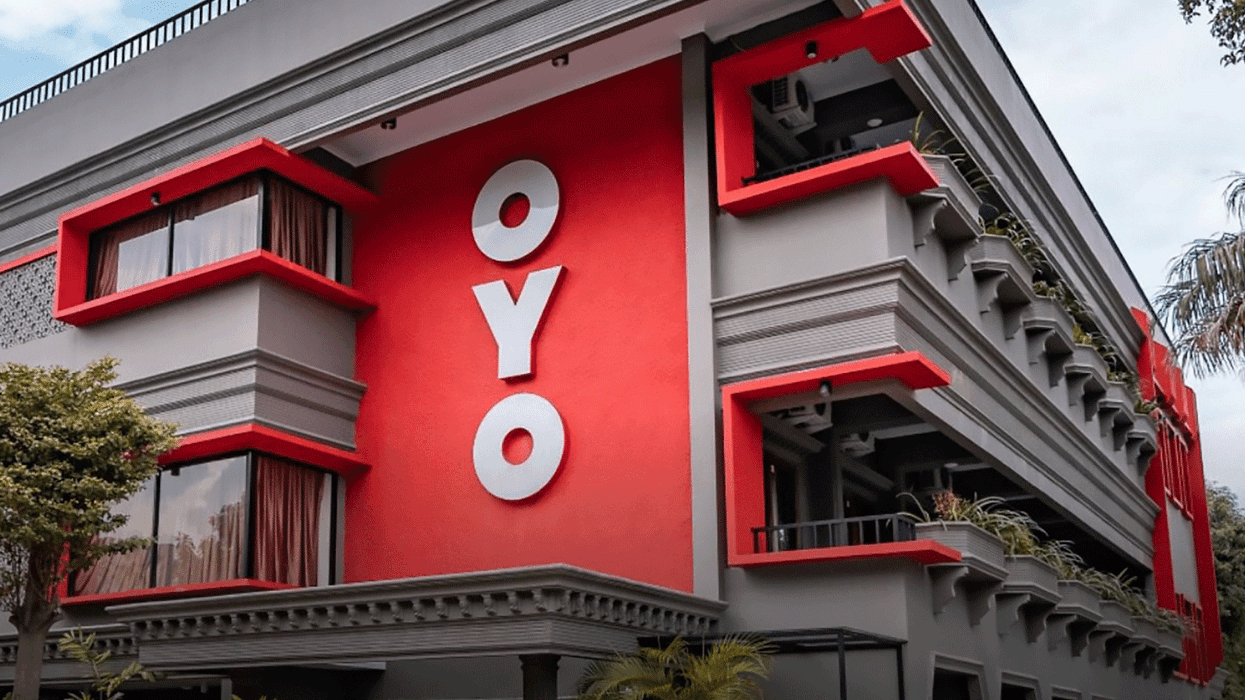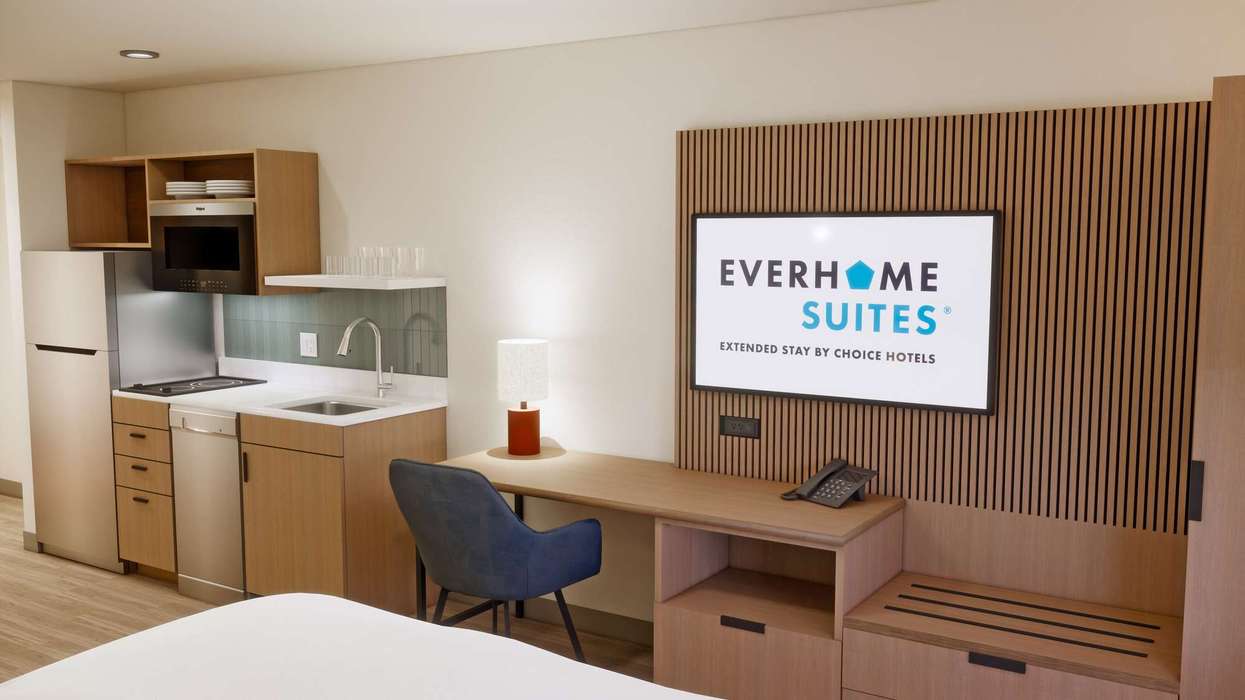FROM INCREASED SANITATION to better health screenings for employees, the U.S. Travel Association has prepared a list of steps the travel industry must take to return to normalcy after the COVID-19 outbreak. It has submitted the report, “Travel in the New Normal,” to the White House and state governors to provide guidance.
The travel industry had lost 8 million jobs as of May 1 and the overall economic impact of the pandemic is projected to be nine times worse than 9/11, according to USTA. Similar to policies recently released by the American Hotel & Lodging Association and several hotel companies, the document aims to restore the public’s trust in the safety of travel.
“We want political leaders and the public alike to see that our industry is setting a very high standard for reducing the risk of coronavirus in our businesses, and that the practices in place to achieve that standard are consistent through every phase of the travel experience,” said Roger Dow, USTA president and CEO. “As travel reopens, travelers need the confidence that safety measures are in place from their departure to their return home.”
Restoring consumer confidence would lead to a faster economic recovery, but Dow said the decision must be based on official confirmation.
“We will not encourage people to travel until public health experts and authorities have made it clear that it’s the right time to do so,” Dow said. “Our industry’s focus is on preparing for that moment, and on demonstrating that our preparations are comprehensive and informed by the counsel of top experts. We are very determined to return to travel and the new normal as quickly as circumstances will allow.”
USTA’s guide lists six main issues on which travel businesses must focus:
- Adapting operations, modifying employee practices and/or redesigning public spaces to help protect employees and customers.
- Consider implementing touchless solutions, where practical, to limit the opportunity for virus transmission.
- Adopt and implement enhanced sanitation procedures specifically designed to combat the transmission of the coronavirus.
- Promote health screening measures for employees and isolate workers with possible COVID-19 symptoms and provide health resources to customers.
- Establish a set of procedures aligned with Centers for Disease Control and Prevention guidance should an employee test positive for COVID-19.
- Follow best practices in food and beverage service to promote health of employees and customers.
"The ‘Travel in the New Normal’ guidance—as well as the entire effort to produce this work—can serve as a model for collaboration between the business and medical communities that forges a path toward healing both the public health and the economy,” Dow said. “This collaboration is something that should help our customers, our businesses and the industry as a whole to move beyond the most challenging period any of us has ever faced.”





